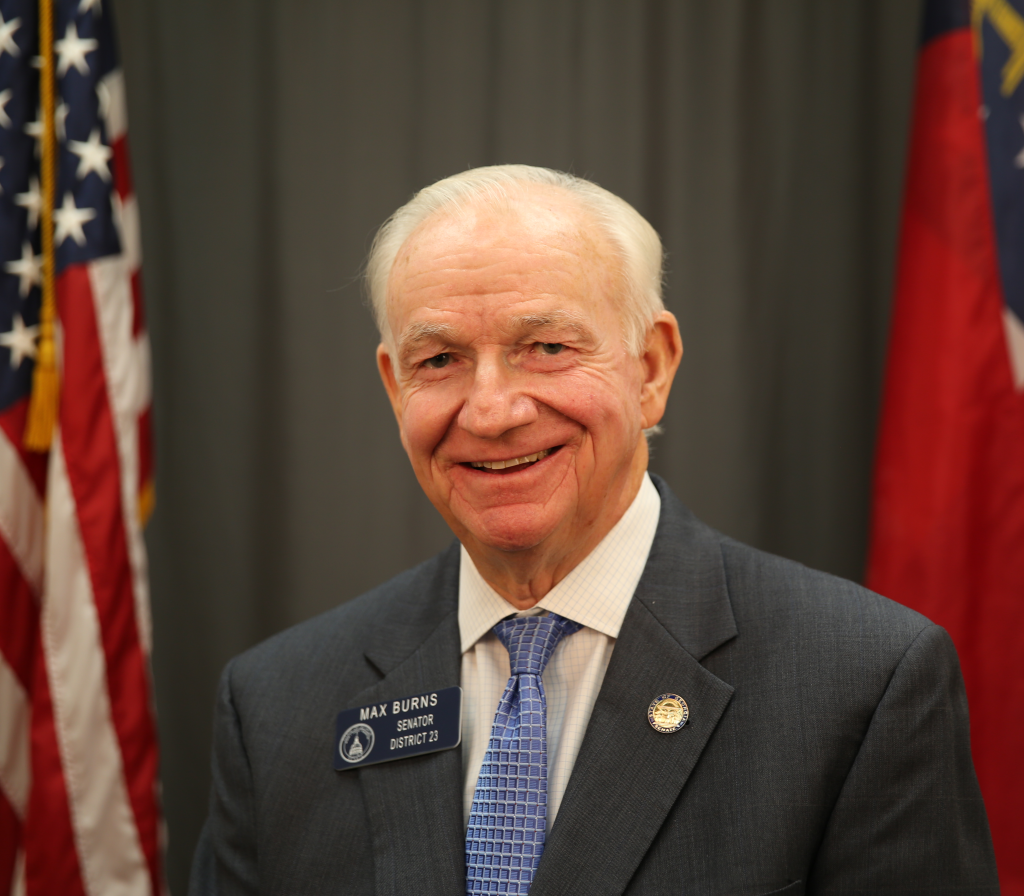GOP push election reform
Published 4:30 pm Monday, March 20, 2023

- Max Burns
ATLANTA — The results of the 2020 presidential elections continues motivating Republican efforts at election reform.
The Republican-led House Government Affairs Committee voted March 15 to advance Senate Bill 222, which would provide further restrictions to donations to local elections departments. The bill was approved by the Senate in a 33-23 party line vote March 3.
Committee member Rep. Rob Leverette said the bill would “maintain some form of uniformity across the state” as some allege that many Democrat elections offices around the country received massive amounts of private donations, most notably from Facebook CEO Mark Zuckerberg. He and his wife reportedly donated more than $400 million to two nonprofits which dispersed grants to election agencies that applied amid the coronavirus pandemic.
“Elections in our state should not be interfered with by third-party organizations or people who operate on a different set of regulations and agendas than our election officials and government employees,” said Max Burns, the bill’s sponsor said. “It should be up to the State Board of Elections to determine where such funds are most needed. We must ensure that elections are held and conducted fairly and ethically. I thank my colleagues for supporting this measure as we make elections as fair and secure as possible.”
Brad Carver of the Georgia GOP State Election Confidence Task Force provided some of the input on Georgia’s election overhaul bill of 2021 (SB 202).
In part, SB 202 prohibited elections superintendents from accepting any funding, grants or gifts from any source than from the county, municipality, state or federal government. The proposed SB 222 seeks to scrap that language and only allow donations from the state and federal government.
“The intent of Senate Bill 202 was for that money to be flowing through the state election board proportionately to the counties,” Carver said. “We think the issue of elections is very important and being very careful about the power of private money in elections.”
Elections “shall be paid from lawfully appropriated public funds,” the proposal states. Violations of SB 222, if approved, would constitute a felony punishable of at least one year in prison and by a fine of not less than $10,000.
Dele Lowman Smith, chair of the DeKalb County Board of Elections in metro Atlanta, implied the proposal was targeting DeKalb which lawmakers have accused received illegal funding this year. The funding was applied for by the county’s finance department, she said.
The bill would require any local government, government employee, or election official who accepted a contribution, donation, service or anything else of value to conduct elections on or after Jan. 1, 2023, to return the contribution or donation within 14 days.
“I take issue with language in this bill saying that we can only use lawfully appropriated public funds. Once a board of commissioner accepts those funds and then allocates them, they become lawfully appropriated public funds,” Lowman Smith said.
“This does nothing to clarify it. All it does is penalize already harassed and underpaid — or in my case, unpaid — elections officials and volunteers,” she continued. “I have to admit being offended by being told that by seeking to serve the voters of our county, that we could risk being sent to prison when there are elected officials right now, who actively sought to overturn the results of an election who are not facing one single charge but we who serve our citizens are being threatened with a year in prison.”
Anne Gray Herring of Common Cause Georgia said SB 222 creates another deterrent for counties already struggling to recruit and retain election workers.
“Our county elections offices are already overburdened and underfunded,” Gray Herring said. “This would cut off one of the few remaining means to receive additional funding and prohibit boards of commissioners from choosing to allocate funds to their county elections offices when they identify a need. The county governing authority should have the discretion to provide additional funding as they see fit.”
Both proponents and opponents of SB 222 said the state should provide more funding for local elections so that outside funding would not be sought by elections officials.
“During the 2020 and 2021 election cycle, which was disrupted by the pandemic, third party grant funds allowed board of elections to cover the significant unexpected expenses of buying personal protective equipment for poll workers and voters, and paying the large number of temporary workers needed to process the influx of absentee ballots and help complete the recounts for the general election,” said Diane Fisher, president of the League of Women Voters of Gwinnett County. “Running elections that are safe, efficient and meet legal requirements is expensive.”
Julie Adams of Tea Party Patriots Action joined other SB 222 supporters in suggesting a reduction in the three-week early voting period.
“We have so many ways to vote in Georgia and I don’t think that it would limit the voters that are coming out,” Adams said. “I just think that helps the elections departments be able to organize more, and it helps recruit good people. So I really I hope you guys vote for this bill. I think it’s very necessary for free, fair and transparent elections.”
SB 222 also proposes removing the secretary of state as a non-voting ex-officio member of the state election board. Prior to SB 202’s passage last year, the secretary of state served as chair of the board. The chair of the board is now appointed by a majority of the state House and Senate.
The bill now awaits a House vote.





